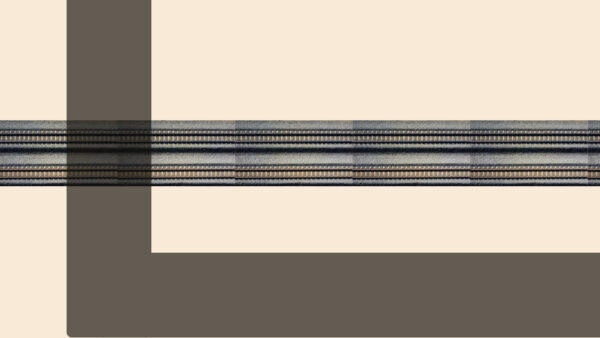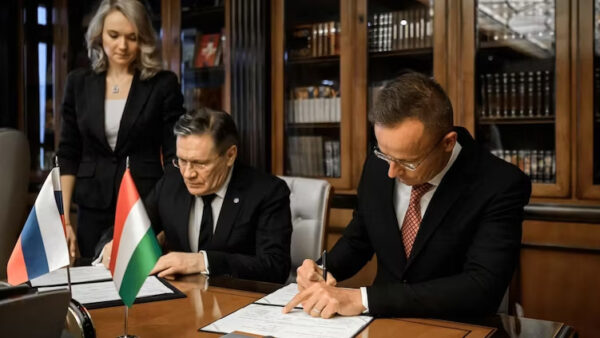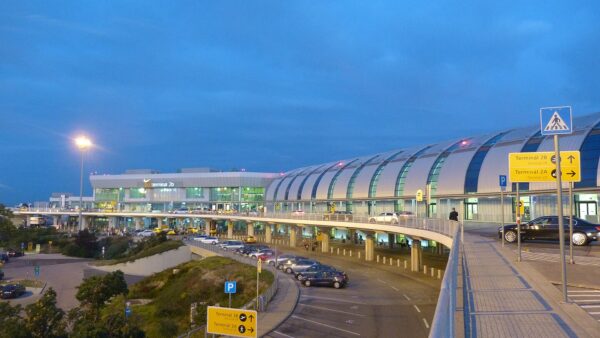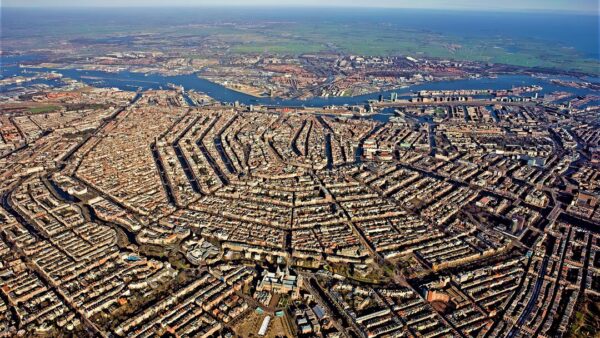An investment vehicle part-managed by the UK government has pledged to put $39m (£30m) into a fund to build approximately 10,000 affordable, energy and water efficient homes in Kenya.
The contribution from UK Climate Investments (UKCI) is intended to ease a shortage of good, affordable housing, while embedding green design standards in Kenya and stimulating Kenyan institutional investment in sustainable buildings.
UKCI said the “prospective commitment” would be delivered through a locally managed vehicle that is seeking between $80m and $250m from Kenyan institutional and other investors.
The homes, intended to comply with the World Bank’s “EDGE” certification scheme, will use at least 20% less electricity and water than conventional Kenyan homes, and will be built using materials with 20% less embodied energy.
With a mandate to invest in India and sub-Saharan Africa, UKCI is a joint venture between the UK’s Department for Business, Energy and Industrial Strategy (BEIS) and the Macquarie Group-owned Green Investment Group.
“As Kenya’s urban population grows, the need for new affordable housing has never been greater,” said UKCI managing director, Richard Abel.
“The commitment we have announced today represents an exciting opportunity to help address this challenge – financing the construction of new affordable homes whilst showcasing how more sustainable building design can help tackle the effects of climate change.”
Jane Marriott OBE, British High Commissioner to Kenya, said: “The UK is proud to partner with Kenya to tackle the pressing challenges of climate change and affordable housing. UK Climate Investment’s £30m anchor investment will help build affordable, climate-friendly homes and promote green building standards in Kenya.”
UKCI said Africa is increasingly vulnerable to the effects of climate change, despite producing only 2% of global energy-related CO2 emissions.
Approximately 36% of the Kenyan population lives below the international poverty line.
Image: Street scene in the Kibera slum in Nairobi, Kenya, 2015 (Ninaras/CC BY-SA 4.0)Â






